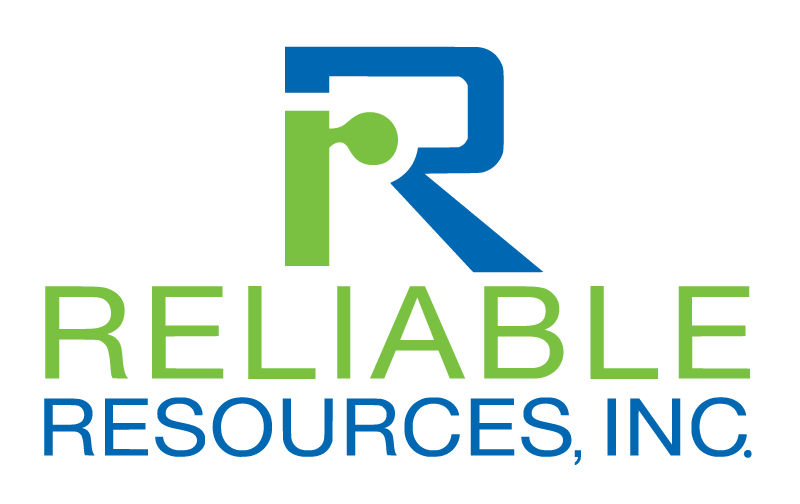General Labor: Your Entry Point to a Variety of Career Paths (and a Paycheck)
If you're looking for a job that doesn't require specialized skills or a degree, general labor might be a great starting point. But what exactly is it, how much can you earn, and what are the opportunities for growth? Let's dive in.
What is General Labor?
General labor refers to jobs that require physical work and basic skills. These positions are often entry-level and don't need prior experience or training. Think of tasks like:
- Construction work (demolition, site cleanup, material handling)
- Warehouse work (loading/unloading, packing, stocking shelves)
- Landscaping and groundskeeping
- Factory or manufacturing work
- Retail stockroom or warehouse duties
What Can You Earn as a General Laborer?
The average hourly wage for general labor in the United States is around $17 as of June 2024. However, this can vary depending on location, industry, and experience. For instance, construction labor might pay a bit more than retail stockroom work.
Factors that Influence Pay:
Location: Cost of living and demand for labor play a role.
Industry: Some industries pay more for general labor than others.
Experience: While entry-level positions typically start at the lower end of the pay scale, gaining experience can lead to raises and promotions.
Skills: Developing additional skills, like operating machinery or getting certifications, can boost your earning potential.
How to Make More Money in General Labor:
- Gain Experience: Start with an entry-level position and focus on learning new skills and taking on more responsibility. The longer you work in the field, the more valuable you become.
- Specialize: Consider focusing on a specific area of general labor, like construction or warehousing. This can lead to higher-paying positions and more opportunities for advancement.
- Get Certified: Depending on the industry, obtaining certifications can make you more marketable and open doors to better-paying jobs. For example, OSHA safety certifications are often sought after in construction.
- Network: Build relationships with supervisors, co-workers, and other professionals in your field. These connections can lead to referrals and job opportunities.
- Look for Union Jobs: In some industries, joining a union can provide access to higher wages, better benefits, and greater job security.
- Consider Advancement: As you gain experience and skills, you might be able to move up into supervisory or management roles. These positions typically come with higher salaries and more responsibilities.
The Bottom Line
General labor can be a stepping stone to a rewarding career. It's a way to earn a living while gaining valuable experience and skills. By actively seeking opportunities for growth and development, you can increase your earning potential and open doors to a brighter future.












